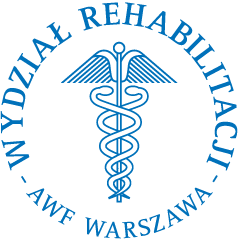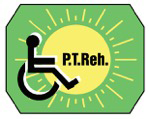


|
Current issue
Archive
Manuscripts accepted
About the journal
Editorial board
Reviewers
Abstracting and indexing
Contact
Instructions for authors
Publication charge
Ethical standards and procedures
Editorial System
Submit your Manuscript
|
3/2017
vol. 31 abstract:
Original paper
Athletic identity of individuals participating in Special Olympics as exemplified by swimmers – pilot study
Marta Wieczorek
,
Wojciech Wiliński
,
Aleksandra Sadziak
Postępy Rehabilitacji (3), 17 – 28, 2017
Online publish date: 2018/01/30
View
full text
Get citation
ENW EndNote
BIB JabRef, Mendeley
RIS Papers, Reference Manager, RefWorks, Zotero
AMA
APA
Chicago
Harvard
MLA
Vancouver
Introduction
Special Olympics is an association whose main objective is to organise training and sports competitions for individuals with intellectual disabilities. Each of these individuals manifests certain identification with the sport they do. It is called sports identity and is the subject of interest in this study. The cognitive aim of the study was to determine the intensity which is measured by the level of agreement with the sports identity in the selected group of athletes participating in Special Olympics. In turn, the practical purpose of the work was to indicate the possibilities of applying a modified research tool with regard to individuals with intellectual disabilities and to spread the knowledge about people with intellectual disabilities. Material and methods The study was conducted on the participants of the 8th Lower Silesian Special Olympics Swimming Competition in 2015. A diagnostic poll was applied as a research method and an interview technique was used. Brewer’s Modified Athletic Identity Measurement Scale was a research tool utilised in the study. Results Aspects of athletic identity revealed that the majority of Special Olympics participants believed that they were professional athletes and were planning to continue participating in this type of Olympic movement. Their closest friends were also professional athletes. For half of the study participants sport was the most significant part of their life, while a sports failure did not change their disposition. Conclusions The participants of Special Olympics manifest a high level of athletic identity, which is proven, inter alia, by the fact that sport is one of the most important parts of their lives. For individuals with intellectual disabilities, participation in sports competitions and training sessions organised by Special Olympics is more significant than winning in sports competition. keywords:
Special Olympics, intellectual disability, sports identity |
    |